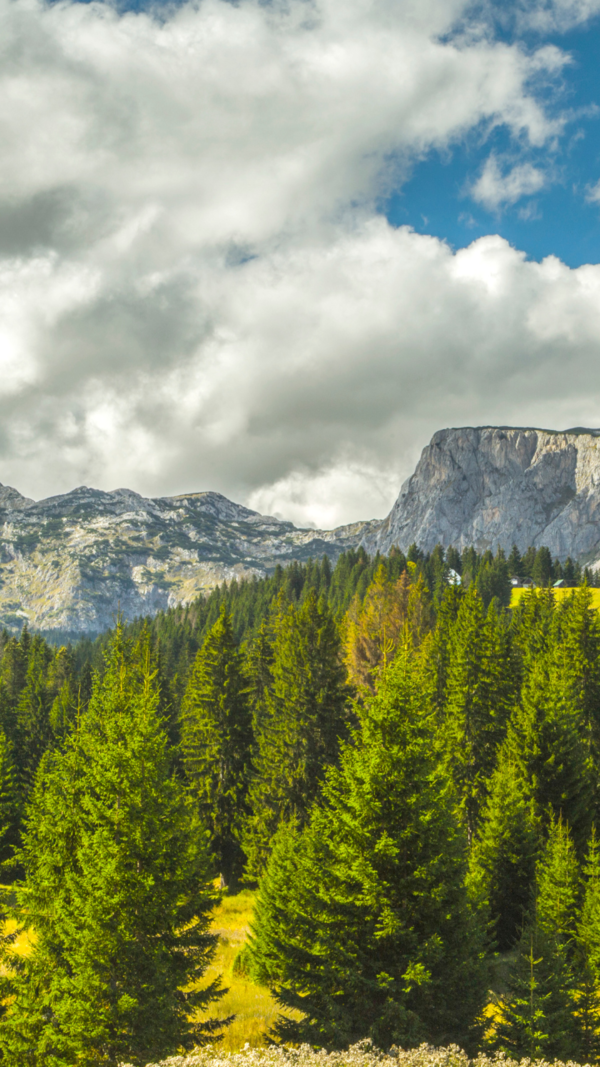- News
- Business News
- Indus Waters Treaty suspended: Modi government looks to expedite five major J&K hydroelectric power projects
Trending
Indus Waters Treaty suspended: Modi government looks to expedite five major J&K hydroelectric power projects
India is accelerating five hydroelectric projects in Jammu & Kashmir after suspending the Indus Waters Treaty, aiming to boost power generation in the region by 4000MW. These projects, including Bursar, Dulhasti II, Swalkote, Uri Stage II, and Kirthai II, could be completed in 3-5 years.
India is looking to expedite five significant hydroelectric power projects in Jammu & Kashmir, following its decision to keep the Indus Waters Treaty suspended. These projects can progress more rapidly without the previously required Indus Waters Treaty approval process.
Sources told ET that the government is considering moving forward with several hydroelectric initiatives: the 800 MW Bursar plant, 260 MW Dulhasti II, 1856 MW Swalkote HEP, 240 MW Uri Stage II, and 930 MW Kirthai II.
The Narendra Modi government’s initiative to accelerate these projects serves two primary objectives: addressing J&K's power needs whilst strengthening India's position regarding western river water resources, currently limited by the Indus Waters Treaty. Collectively, these developments could generate 4000MW for power-deficient J&K. While Uri Stage II is situated on the Jhelum River in Baramulla district, the remaining projects are planned within the Chenab valley.
The projects are likely to be completed in 3-5 years after they were prioritised following recent high-level discussions after the Pahalgam terror attack. They are integral to India's strategy regarding Indus Waters Treaty suspension.
The largest among these initiatives is Swalkote, situated in Ramban district, featuring a 192.5-metre dam, whilst Dulhasti Stage-II will be established in Kishtwar district with an underground powerhouse (2x130 MW).
The Bursar hydroelectric project, planned in Kishtwar district, serves as a storage facility that will regulate water flow, benefiting all downstream projects during periods of reduced flow.
Present IWT regulations permit India to construct hydroelectric projects on the western river systems of Jhelum, Chenab and Indus exclusively through run-of-the-river systems.
These projects must comply with specific design and operational requirements as stipulated by the IWT. The treaty additionally grants Pakistan the authority to contest design elements of Indian hydroelectric projects, as seen in 2021 with the 1000MW Pakal Dul in Kishtwar, Lower Kalnai project in Doda district, and the Durbuk Shyok and Nimu Chilling projects.
Following the suspension of Article 370, Pakistan requested details about various projects in J&K and Ladakh, causing delays. Pakistan's objections regarding Kishanganga and Ratle projects have necessitated 'neutral expert' intervention for dispute resolution, significantly impeding progress-a major concern for India.
Uri-II experienced delays since 2010 due to Pakistan's design-related objections. With India's decision to suspend the Indus Waters Treaty, it aims to bypass this consultation process entirely. This approach could particularly benefit projects that have secured necessary domestic approvals, including technical and environmental clearances, and are solely awaiting IWT authorisation, which applies to most of the five identified projects.
Various governmental bodies have begun consultations on this subject, including deliberations between the Central Water Commission, Central Electricity Authority, NHPC and the J&K Power Development Corporation.
Stay informed with the latest business news, updates on bank holidays and public holidays.
AI Masterclass for Students. Upskill Young Ones Today!– Join Now
End of Article
Follow Us On Social Media











